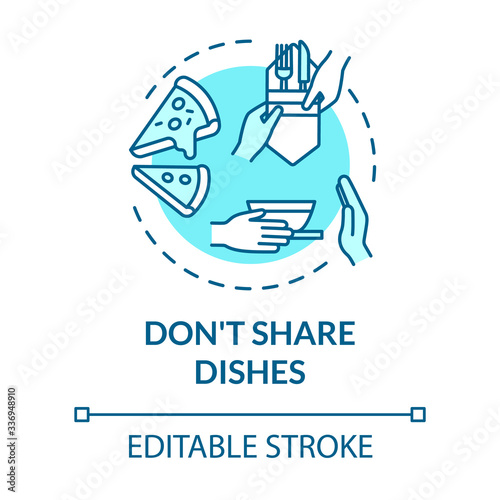What is CoronaVirus ?
Coronavirus disease (COVID-19) is an infectious disease caused by a newly discovered coronavirus.
Most people infected with the COVID-19 virus will experience mild to moderate respiratory illness and recover without requiring special treatment. Older people, and those with underlying medical problems like cardiovascular disease, diabetes, chronic respiratory disease, and cancer are more likely to develop serious illness.
The best way to prevent and slow down transmission is be well informed about the COVID-19 virus, the disease it causes and how it spreads. Protect yourself and others from infection by washing your hands or using an alcohol based rub frequently and not touching your face.
The COVID-19 virus spreads primarily through droplets of saliva or discharge from the nose when an infected person coughs or sneezes, so it’s important that you also practice respiratory etiquette (for example, by coughing into a flexed elbow).
At this time, there are no specific vaccines or treatments for COVID-19. However, there are many ongoing clinical trials evaluating potential treatments. WHO will continue to provide updated information as soon as clinical findings become available.
What are the Symptoms ?
Signs and symptoms of coronavirus disease 2019 (COVID-19) may appear two to 14 days after exposure. This time after exposure and before having symptoms is called the incubation period.
Common symptoms:
Fever
Cough
Tiredness
Other symptoms:
Shortness of breath or difficulty breathing
Muscle aches
Chills
Sore throat
Loss of taste or smell
Headache
Chest pain
This list is not all inclusive. Other less common symptoms have been reported, such as rash, nausea, vomiting and diarrhea. Children have similar symptoms to adults and generally have mild illness.
The severity of COVID-19 symptoms can range from very mild to severe. Some people may have only a few symptoms, and some people may have no symptoms at all. People who are older or who have existing chronic medical conditions, such as heart disease, lung disease, diabetes, severe obesity, chronic kidney or liver disease, or who have compromised immune systems may be at higher risk of serious illness. This is similar to what is seen with other respiratory illnesses, such as influenza.
Some people may experience worsened symptoms, such as worsened shortness of breath and pneumonia, about a week after symptoms start.
When to see a doctor
If you have COVID-19 symptoms or you've been in contact with someone diagnosed with COVID-19, contact your doctor or clinic right away for medical advice. Tell your health care team about your symptoms and possible exposure before you go to your appointment.
If you have emergency COVID-19 signs and symptoms, seek care immediately. Emergency signs and symptoms can include:
Trouble breathing
Persistent chest pain or pressure
Inability to stay awake
New confusion
Blue lips or face
If you have signs or symptoms of COVID-19, contact your doctor or clinic for guidance. Let your doctor know if you have other chronic medical conditions, such as heart disease or lung disease. During the pandemic, it's important to make sure health care is available for those in greatest need.Prevention
Although there is no vaccine available to prevent COVID-19, you can take steps to reduce your risk of infection. WHO and CDC recommend following these precautions for avoiding COVID-19:
-Avoid large events and mass gatherings.

-Avoid close contact (within about 6 feet, or 2 meters) with anyone who is sick or has symptoms.
-Stay home as much as possible and keep distance between yourself and others (within about 6 feet, or 2 meters), especially if you have a higher risk of serious illness. Keep in mind some people may have COVID-19 and spread it to others, even if they don't have symptoms or don't know they have COVID-19.
-Wash your hands often with soap and water for at least 20 seconds, or use an alcohol-based hand sanitizer that contains at least 60% alcohol.
-Cover your face with a cloth face mask in public spaces, such as the grocery store, where it's difficult to avoid close contact with others, especially if you're in an area with ongoing community spread. Only use nonmedical cloth masks — surgical masks and N95 respirators should be reserved for health care providers.
-Cover your mouth and nose with your elbow or a tissue when you cough or sneeze. Throw away the used tissue. Wash your hands right away.
-Avoid touching your eyes, nose and mouth.
-Avoid sharing dishes, glasses, towels, bedding and other household items if you're sick.

-Clean and disinfect high-touch surfaces, such as doorknobs, light switches, electronics and counters, daily.
-Stay home from work, school and public areas if you're sick, unless you're going to get medical care. Avoid public transportation, taxis and ride-sharing if you're sick.
If you have a chronic medical condition and may have a higher risk of serious illness, check with your doctor about other ways to protect yourself.